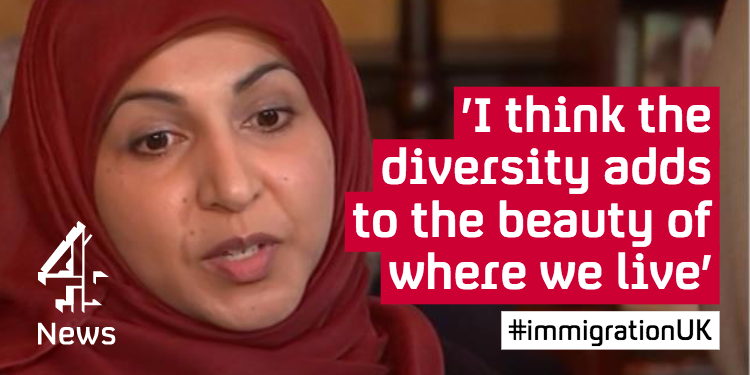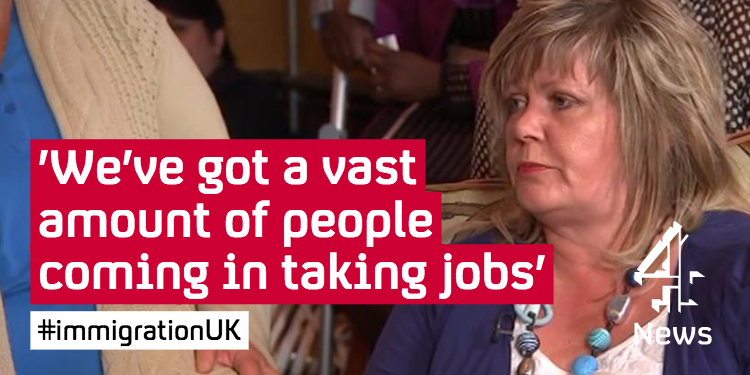The #immigrationuk debate: asking the difficult questions that got lost in too much politics
Britain has changed in the last few years. It’s not that we have had more immigration, but now are finally allowed to talk about it. Although that conversation has been opened up in politics it’s essential controversy means it is still stilted, often reduced to soundbites.
What is fascinating about the discussion is that you can and should talk about immigration – but as one guest puts it the “stridency” needs to be taken out of the conversation.
“Shock of change”
For the people who are actually dealing with immigration pressures on the frontline the addition of extra people doesn’t have much to do with where they are from, just that wherever you hail from you’ll eventually need something from the state.
To the public sector workers in Margate the stymied conversation of the last decade meant that these pressures seem not to have been taken as seriously as it should have been.
Aisha Bashir, a GP, tells Channel 4 News that the diversity adds to the beauty of the city but the exponential increase puts services under pressure. It’s not the fault of people coming in, she says, it is about anticipation and the funding hasn’t matched the immigration we have had.

But crucially she says that we have not got the system in place to cope with the amount of people here already. And with budgets so squeezed already who is ready to promise that money to migrants who are getting such bad press?

This is is the big question. Even Labour, who lifted the restrictions in 2004, say they just didn’t know how many people would come, but come they have.
The headteacher of the local primary school says its also about the “shock of change” – so is the answer restrictions, that politicians of most main parties are happy to talk about, or more money, which no one will? And if we need more money where are we going to get it from?
A polish woman expresses the frustration of those thrown into the immigration debate as just another migrant: “We are coming here and want to be part of British society, if they don’t learn English they haven’t had the chance to learn it yet.
“They are not monsters coming here.”

